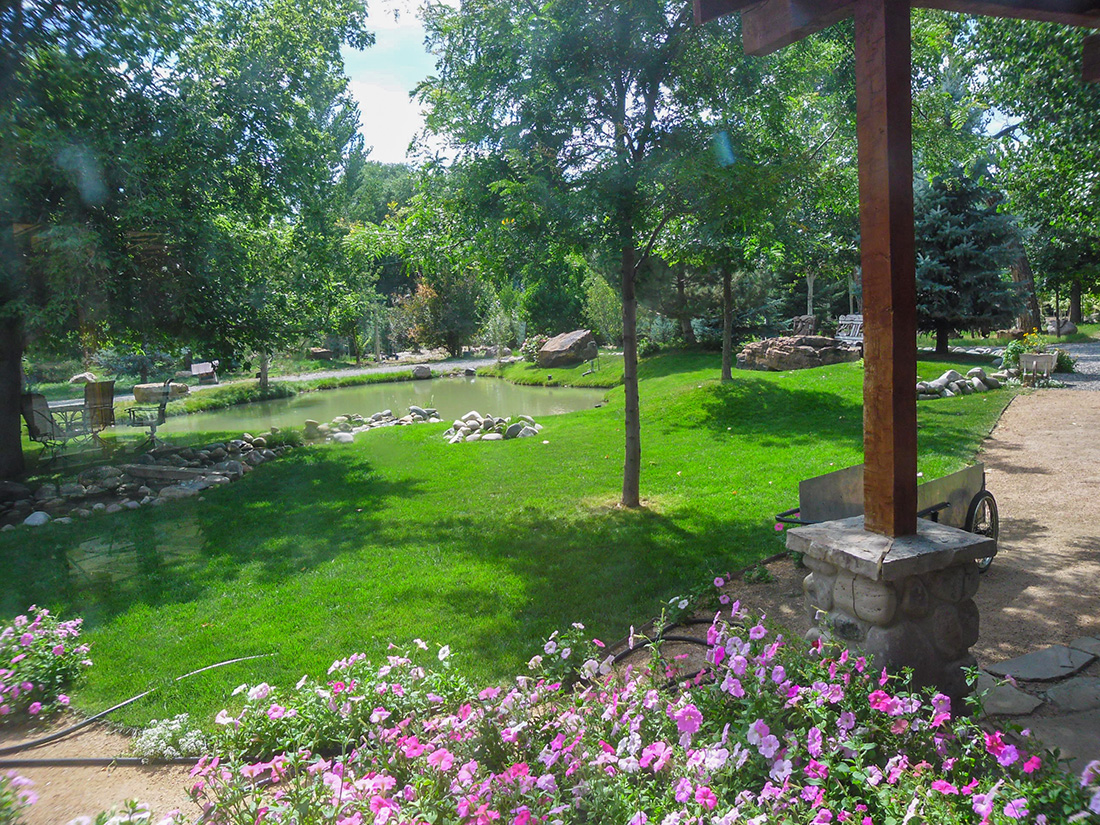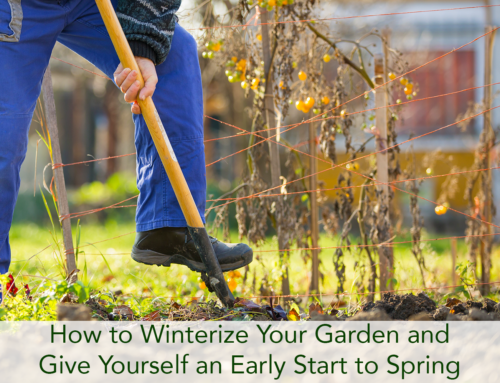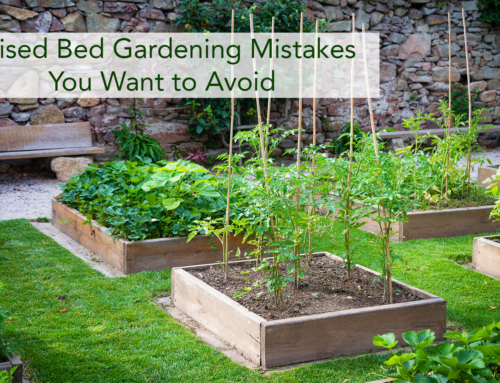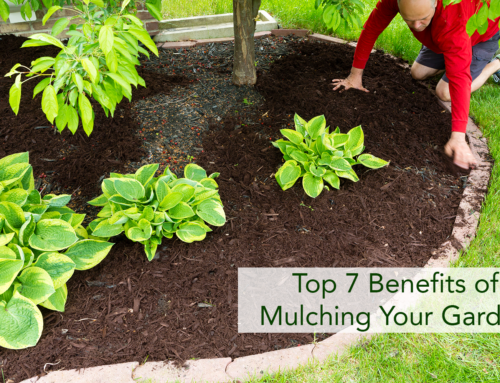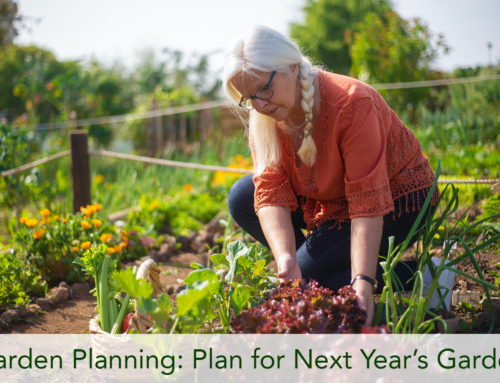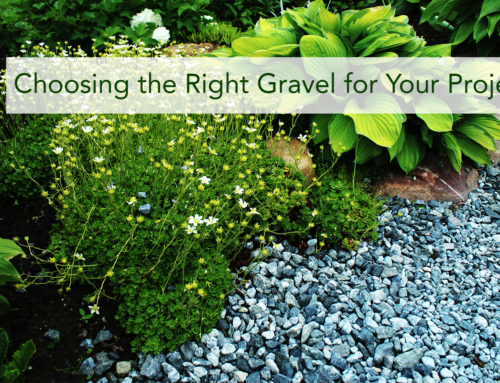Gardening can be such a rewarding and relaxing hobby. Although it may seem weird saying something involving manual labor can be relaxing, it’s true. Gardening keeps you active and reduces stress levels, therefore allowing you to be relaxed. Gardening can also be good for your health. Allowing yourself to relieve stress is good for your health, and eating the nutritious whole foods that you grow in your garden is great for your health too! If you need some help starting your garden, don’t worry, we have come up with some helpful tips for gardeners that are just starting out.
1. Know the Region You’re in
This is important because you will want to understand what limitations there are, as well as the possibilities available. This might be obvious, but you have to realize not everything grows everywhere. What you plant will be determined based on where you live. Knowing what to plant what will help your plants grow the best they can while having the least amount of maintenance. In order to help you understand what to plant in your region you can always talk with someone at a local gardening company.
2. Have Healthy Soil
You will need to check the nutrient levels, as well as the pH of your soil, you can do this by taking a sample to a local nursery, or you can buy a at-home testing kit. These kits are available at places such as; Lows, Home Depot, or of course any gardening store. Testing your soil for these things will tell you how acidic or alkaline your soil is, and this affects how your plants will absorb nutrients. Testing your soil is something that can help you determine what to plant, as well as how you should treat your soil. Different plants thrive best in different pH levels, therefore you need to know the level in order to determine what you will plant. Sometimes you can get custom soil mixes if you know what you are wanting to plant, this way the soil can be catered directly to that plant, allowing it to thrive. Talk to a local nursery, or experienced gardener to find out what pH level is best for what you are wanting to plant.
3. Begin with “Easy” Plants
When being introduced to gardening, vegetables are always something fun and easy to start with. Most vegetables don’t take too long to grow, so if you make a mistake you won’t have wasted a bunch of your time, and you can try again. Some fun flowers to start with are sunflowers, or ferns. Both of these flowers are easy to grow, and can be grown all across the United States. Sunflowers grow quickly, and get very tall, and ferns are known as “easy to grow ferns.” Start with simple things like this, and if you have success with them you might realize you want to move on to more complicated plants.
4. Know How to Water
You have to make sure you are giving enough water to your plants, and are consistent about it. You can judge if you are giving your plants enough water based on if the water penetrates the soil, make sure it does this and doesn’t just get the surface. The amount of water will vary from plant to plant, your newer plants will need more water because their roots aren’t developed, so you will have to water them more frequently. Some people think watering at night is best so the sun doesn’t evaporate the water, but this isn’t true, watering at night leaves your plants more prone to fungus and other diseases. The best time to water your plants is actually in the morning before it gets too warm, this will allow the plant to really soak up the water. Make sure you stay consistent and give your plants the water they need so that they can grow to their full potential.
5. Be Patient
Gardening is a process, and it does take time. Sometimes it can be frustrating because you want to see results fast, but plants don’t grow overnight. Your plants are living organisms and they need time to soak in nutrients and water in order to grow. Make sure your plants are getting the right amount of nutrients, water, and sunlight so that they are able to grow efficiently. Be careful not to over-water them, sometimes impatience can cause this, but it won’t help your plants if it’s not something they actually need. Keep an eye on your plants regularly, and unless something looks wrong, just have patients and let them be.

